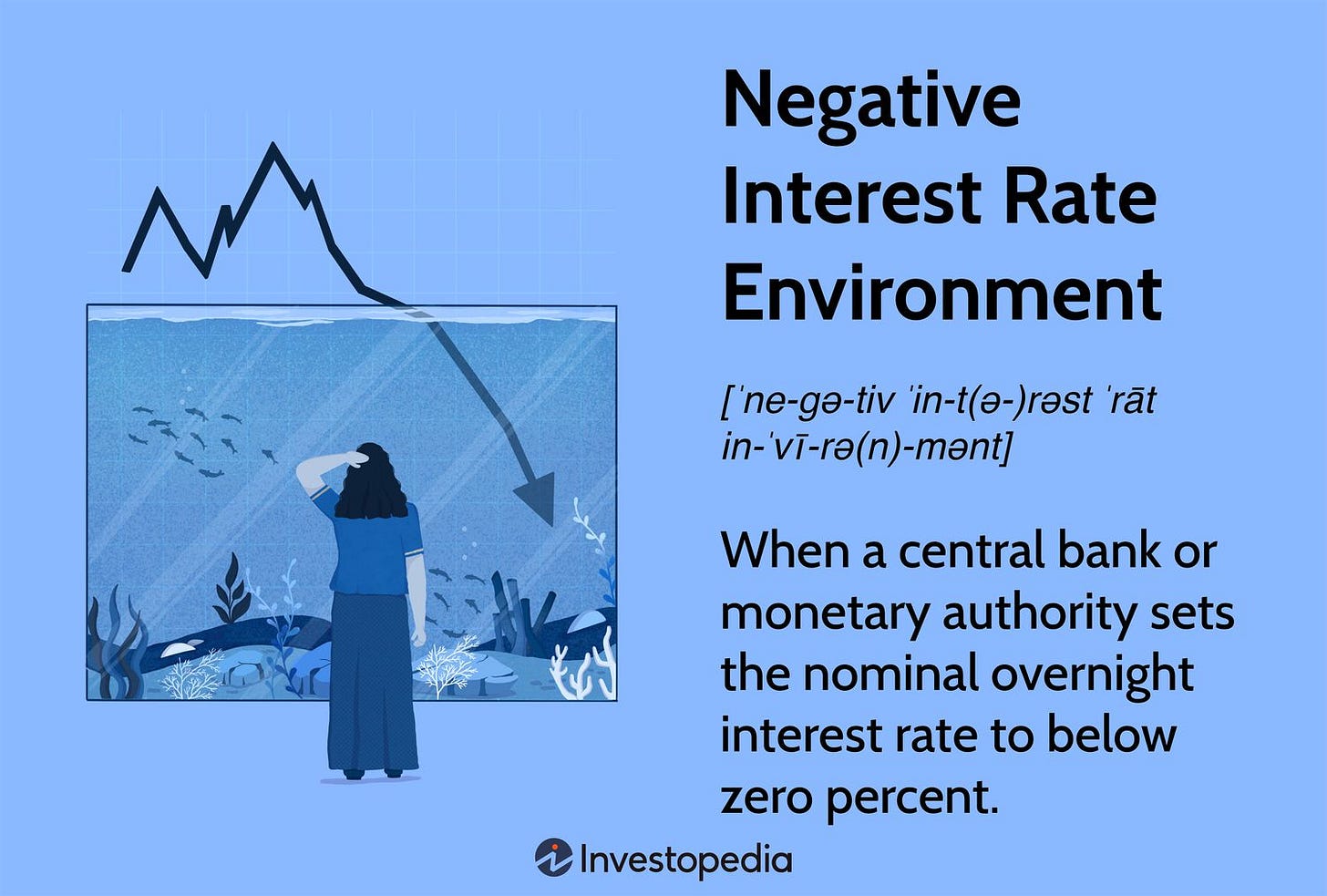BE AWARE! They don’t need to rob you at gunpoint anymore—now, they do it with a smile and a signature. HERE IS HOW!
A Breakdown of Europe’s “Savings and Investments Union” and Its Global Implications
Introduction: A New Era of Financial Control
In an era of economic uncertainty, protecting personal wealth has never been more critical. But what if the very institutions designed to safeguard your money were laying the groundwork to seize control of it? According to Taylor Kenny from ITM Trading, this is not a hypothetical scenario—it is an unfolding reality in Europe, with potential consequences for the United States and beyond.
In a recent podcast, Kenny analyzes a European initiative called the “Savings and Investments Union,” warning that this could be a test run for an unprecedented level of financial control. At the same time, she discusses the European Central Bank’s (ECB) acceleration of its digital euro, a central bank digital currency (CBDC), questioning whether these developments are connected in a larger effort to consolidate financial power.
This article breaks down Kenny’s key points, exploring the potential implications for global financial systems, personal savings, and economic freedoms.
The European Savings and Investments Union: A Government Grab for Wealth?
According to Kenny, European governments have devised a plan to use personal savings to fund national deficits and investment projects, effectively turning private wealth into a public resource. This initiative, known as the “European Savings and Investments Union,” seeks to redirect what officials call “unused savings” into private corporations and military infrastructure.
Kenny challenges this terminology, arguing that "unused savings" is a misleading concept:
“I’m sorry, but unused savings? There’s no such thing. If you’re using it, well then, it’s no longer savings.”
By reframing savings as an idle resource, governments can justify interventions that previously would have been considered outright confiscation.
Implications of the Plan
Loss of Financial Autonomy
Savers would have no say in how their money is allocated. Instead of sitting securely in bank accounts, these funds would be redirected into investments deemed beneficial by the government.
Involuntary Risk Exposure
Savings could be funneled into struggling private companies or volatile military projects, exposing personal wealth to financial losses.
Pension Vulnerability
European officials are already discussing tapping into pension funds, which Kenny sees as a clear indication that private retirement savings are also at risk.
She warns that this initiative signals a shift toward government-managed investment strategies, where individuals no longer control their financial future.
The Digital Euro and the Move Toward Centralized Monetary Control
At the same time that Europe is considering the reallocation of personal savings, the European Central Bank (ECB) is fast-tracking the launch of a digital euro. Kenny points out that this move raises serious concerns about financial control and surveillance.
Public Rejection vs. Official Urgency
A survey conducted by the ECB, titled Consumer Attitudes Toward CBDCs, revealed that public sentiment is overwhelmingly against a digital euro. Despite this, Christine Lagarde, the ECB President, insists that the digital euro is “more relevant and more imperative than ever before.”
Kenny questions why such urgency exists when there is no apparent demand for the CBDC, suspecting a deeper motive behind the push for digital currencies.
The Real Agenda: Eliminating Cash and Enabling Negative Interest Rates
One of Kenny’s main concerns with the digital euro is its potential to eliminate cash and allow for negative interest rates.
Understanding Negative Interest Rates
Currently, banks cannot impose deeply negative interest rates because people would simply withdraw their money in cash. However, if cash were eliminated and replaced with a CBDC, negative interest rates could become a reality.
“Let’s say you have $100,000 in a bank account and they enact a negative 5% interest rate. Well, chances are you’re not just going to let that sit there unused in your savings account.”
With a CBDC, withdrawing money in cash would no longer be an option, effectively forcing people to accept government-imposed financial policies without alternatives.
China’s Pilot Program: A Case Study in Digital Financial Control
Kenny references China’s CBDC pilot, where authorities have tested:
Negative interest rates – gradually reducing the value of digital savings.
Expiration dates on savings – requiring citizens to spend money within a set timeframe.
If Europe follows suit, the financial freedom of citizens could be significantly curtailed.
The U.S. Is Next: Lessons from Europe’s Experiment
While these policies are currently being tested in Europe, Kenny argues that they are a precursor to similar measures in the United States.
“What’s happening in Europe is not going to just stay in Europe. It’s a test run.”
Signs of this shift in the U.S. include:
Push for Digital Currencies
The Federal Reserve has been exploring a digital dollar, which could replicate many of the controls of the digital euro.
Government Control Over Savings
There have been growing discussions about rethinking financial regulations to increase government oversight on private savings.
Restrictions on Cash Usage
Efforts to limit cash transactions could pave the way for a fully digital system, where financial freedom is dictated by policymakers.
Could Silver Prices Soar to $100 in a Matter of Days? Here's Why It Might Happen Soon
These are not just academic questions—they are decisions that could define financial security in the years ahead. Will you act before the tide turns, or will you be left scrambling when silver is no longer available at today’s prices?
Protecting Wealth: The Case for Gold and Silver
Kenny argues that the best way to protect personal wealth from government intervention is through physical assets like gold and silver. Unlike digital currencies or bank deposits, these assets are beyond the reach of financial regulators.
“It’s not a paper IOU. It’s not a bank deposit or digital currency—something that can be manipulated or devalued or controlled. It’s something that you control outside of their system.”
Why Are Central Banks Buying Gold?
Kenny highlights the irony that while governments discourage citizens from owning gold, central banks themselves are stockpiling it. She suggests that this is because gold remains the ultimate hedge against financial instability.
Her recommendation:
If you don’t already own gold or silver, consider acquiring some.
If you do own it, increase your holdings.
She emphasizes that her advocacy for gold is not about selling a product but about providing financial security against uncertain economic policies.
Conclusion: The Urgent Need for Financial Awareness
Kenny’s discussion sheds light on a major financial transformation taking place in Europe—one that could soon reach the United States.
The key takeaways from her analysis include:
The European Savings and Investments Union is a government-driven wealth redistribution plan that could set a global precedent.
The digital euro is being fast-tracked despite public opposition, raising concerns about financial control and surveillance.
Governments are moving toward negative interest rates and expiration dates on savings, which could eliminate financial autonomy.
Gold and silver remain one of the few assets outside government control, providing a hedge against these policies.
Kenny urges listeners to take proactive steps now before these changes become permanent. Whether or not one agrees with her perspective, the implications of these financial shifts deserve serious attention.
As economic policies evolve, the question remains: Are we prepared for a future where financial freedom is no longer guaranteed?











